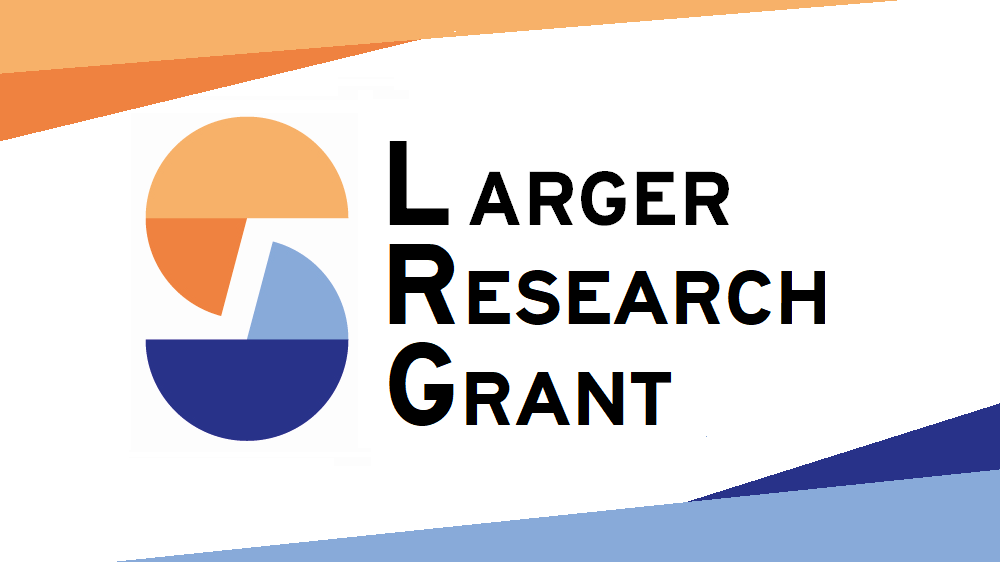In developing countries, production is dominated by many small firms and studies typically find that average productivity is low, but productivity dispersion is substantial. These facts have been interpreted as evidence of significant misallocation due to factor market frictions. However, micro-level interventions experimentally reallocating resources or alleviating constraints have rarely led to transformational impacts on firm growth. This raises the question of whether the measured productivity dispersion is truly reflective of misallocation, or whether is the result, at least in part, of measurement error. This project seeks to improve the measurement of productivity and misallocation in developing countries by collecting a novel firm panel.
The research team collects a four-wave panel data over two years on 1,000 manufacturing firms in urban Uganda operating in carpentry, metal fabrication and grain milling. The measurement approach involves three key novelties: (i) product-level assignment of inputs to outputs; (ii) direct measurement of heterogeneity (quality) of inputs and outputs; (iii) detailed recording of firm-to-firm interactions in informal clusters. These data allow the team to improve the measurement of productivity dispersion and recover more precise estimates of misallocation, as well as to study the role of informal firm clusters in improving the allocation of resources. To achieve these goals, we will combine production function estimation with structural modelling techniques.
As small firms are the primary source of employment in developing countries, identifying ways to increase their productivity is key to foster poverty alleviation. This project will speak directly to this policy challenge, by conducting counterfactual policy simulations to identify pathways to reduce market frictions and to leverage firm-to-firm relationships for spurring productivity. This project is a product of the ongoing relationship between the research team and in-country policymakers, in particular the Private Sector Development Unit of the Ministry of Finance, and therefore has the potential to inform industrial policy in Uganda, especially with regards to interventions to improve productivity in firm clusters, such as industrial parks or shared workspaces for SMEs.


















































